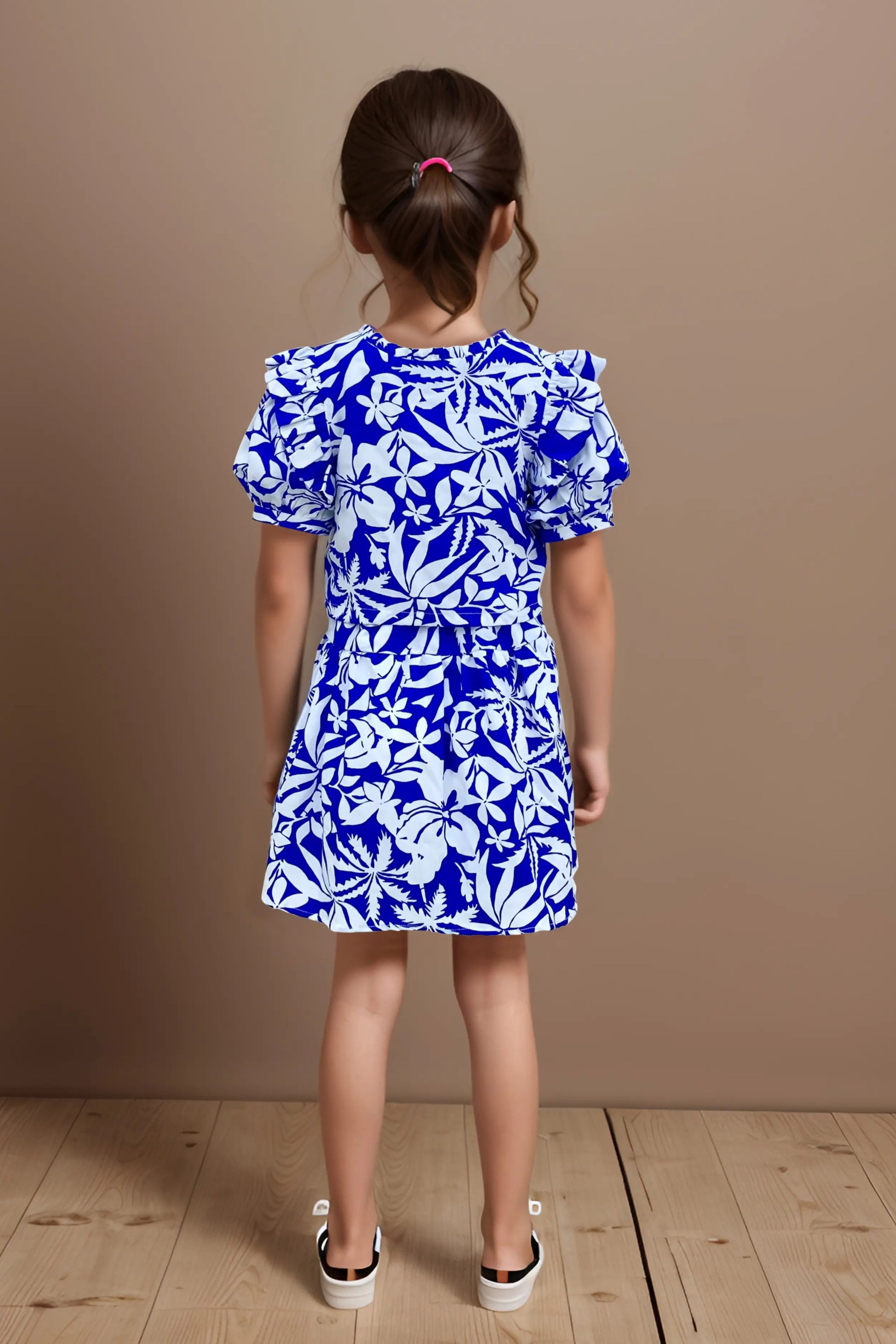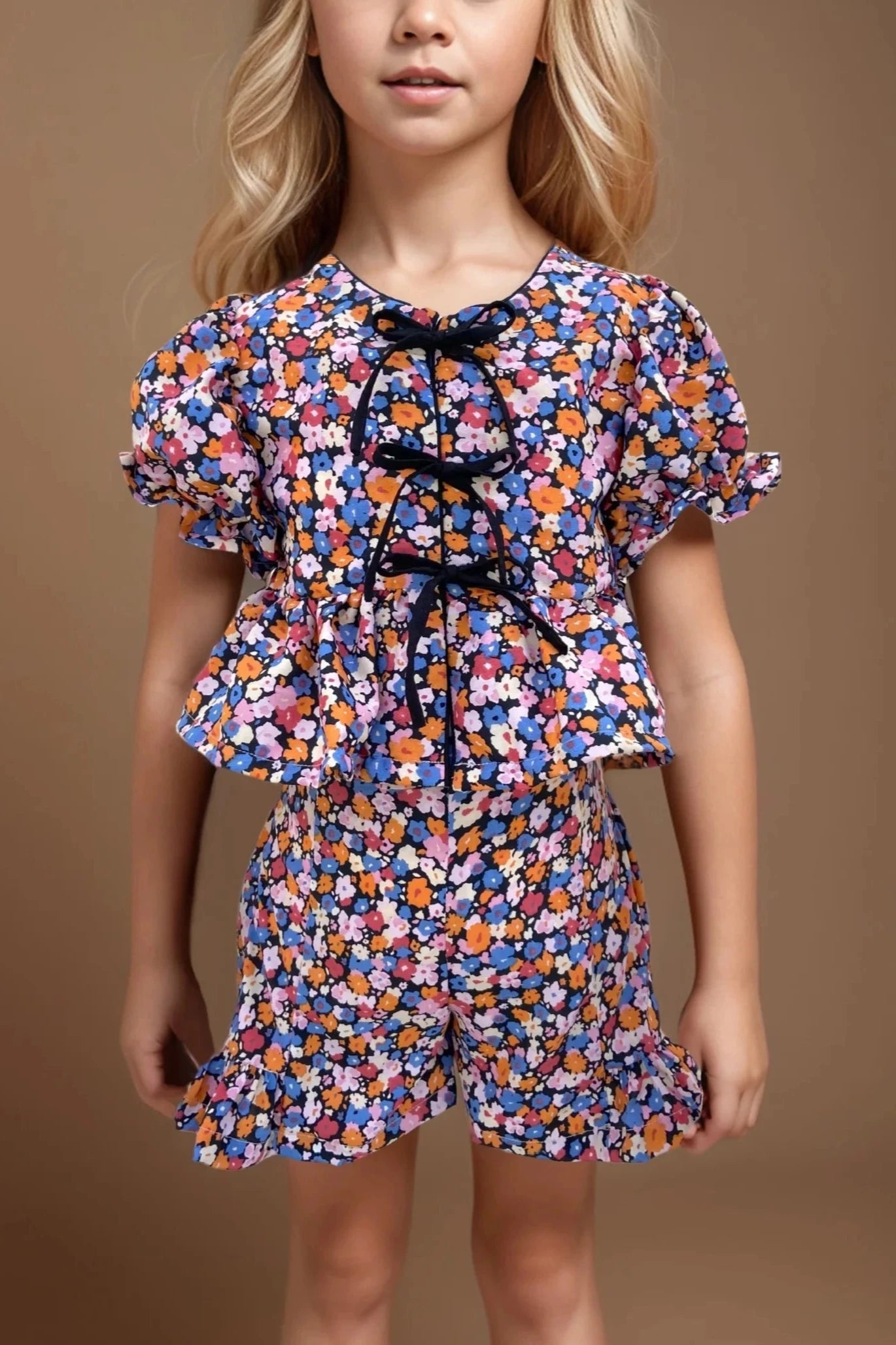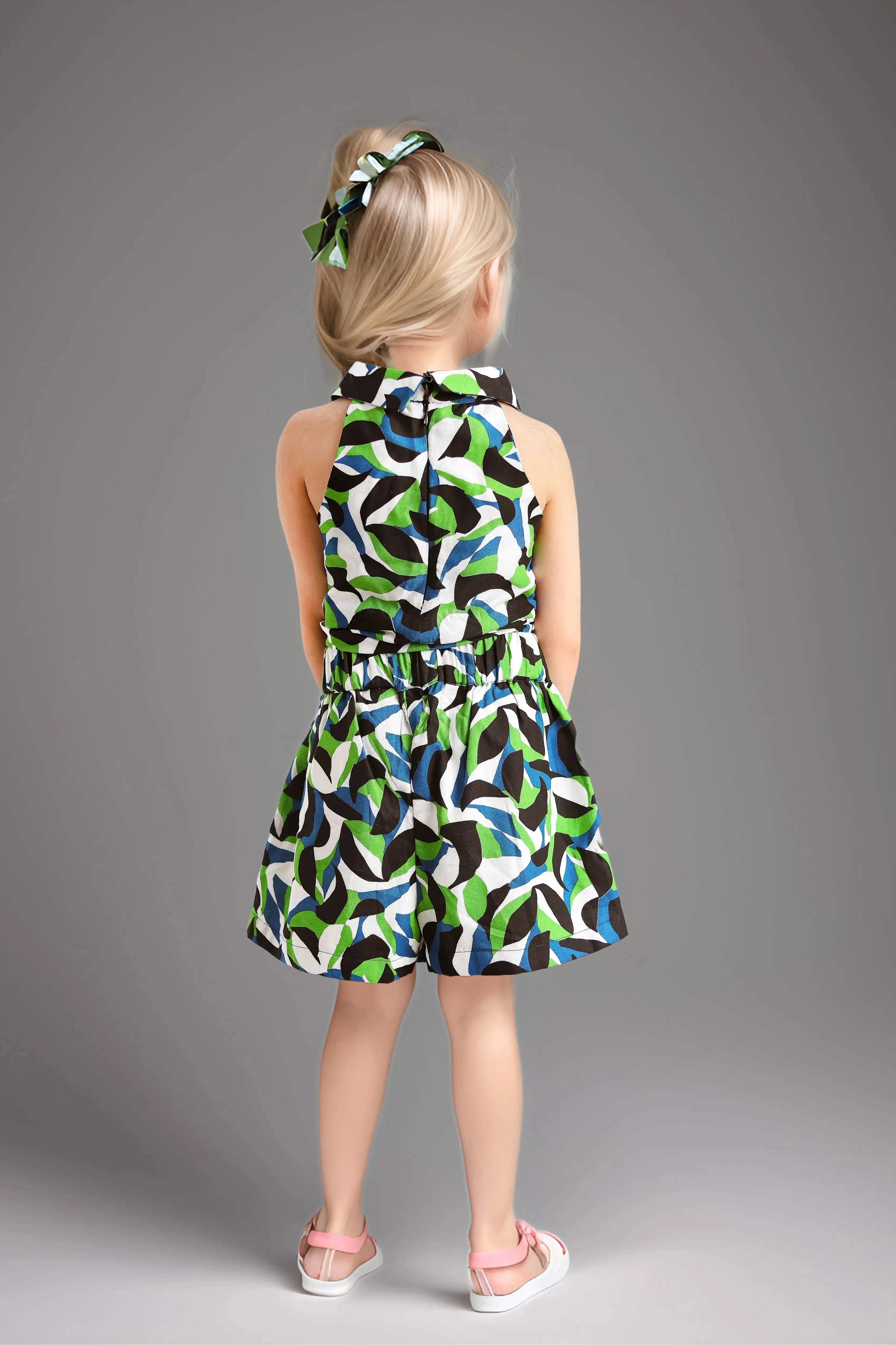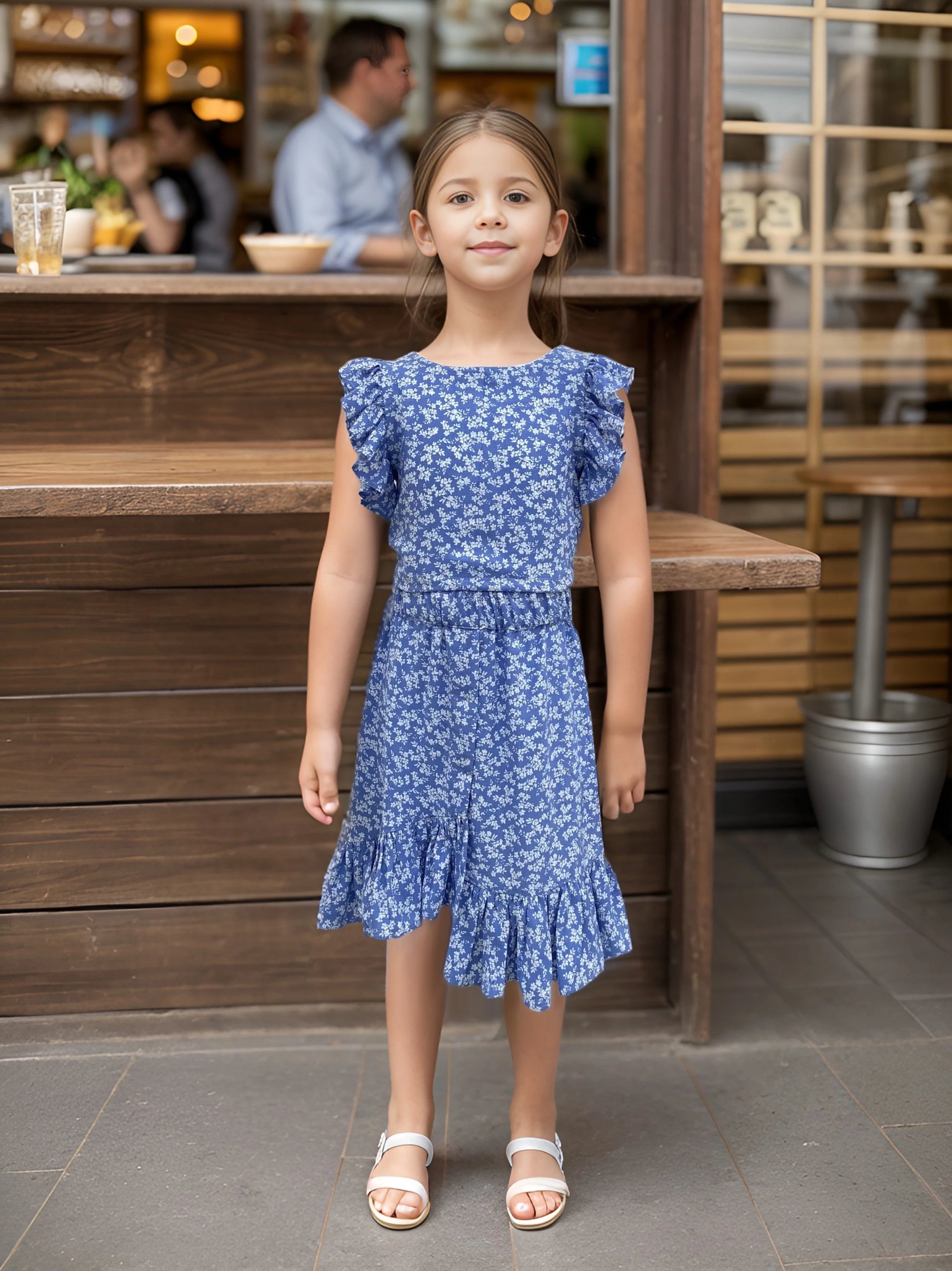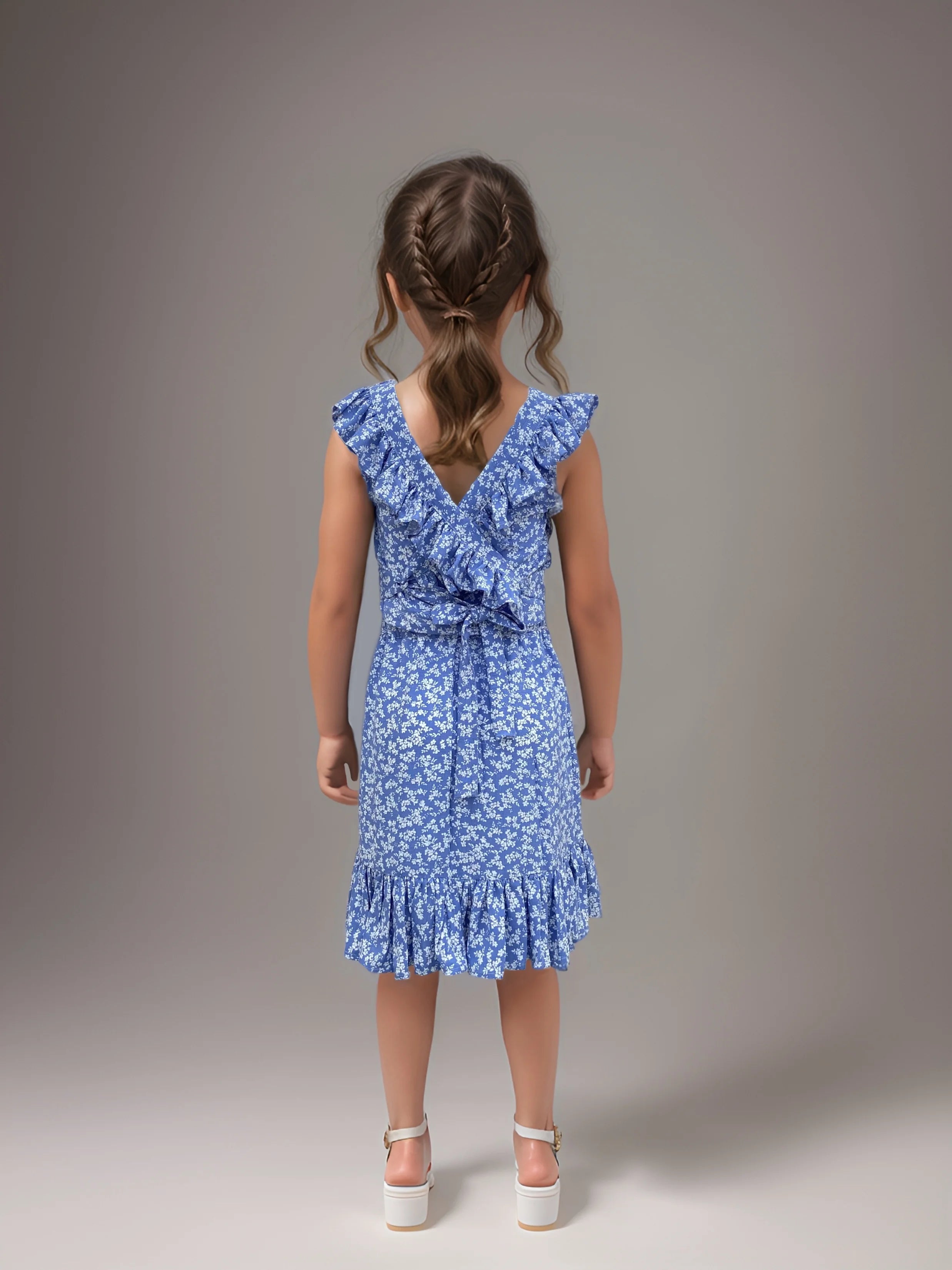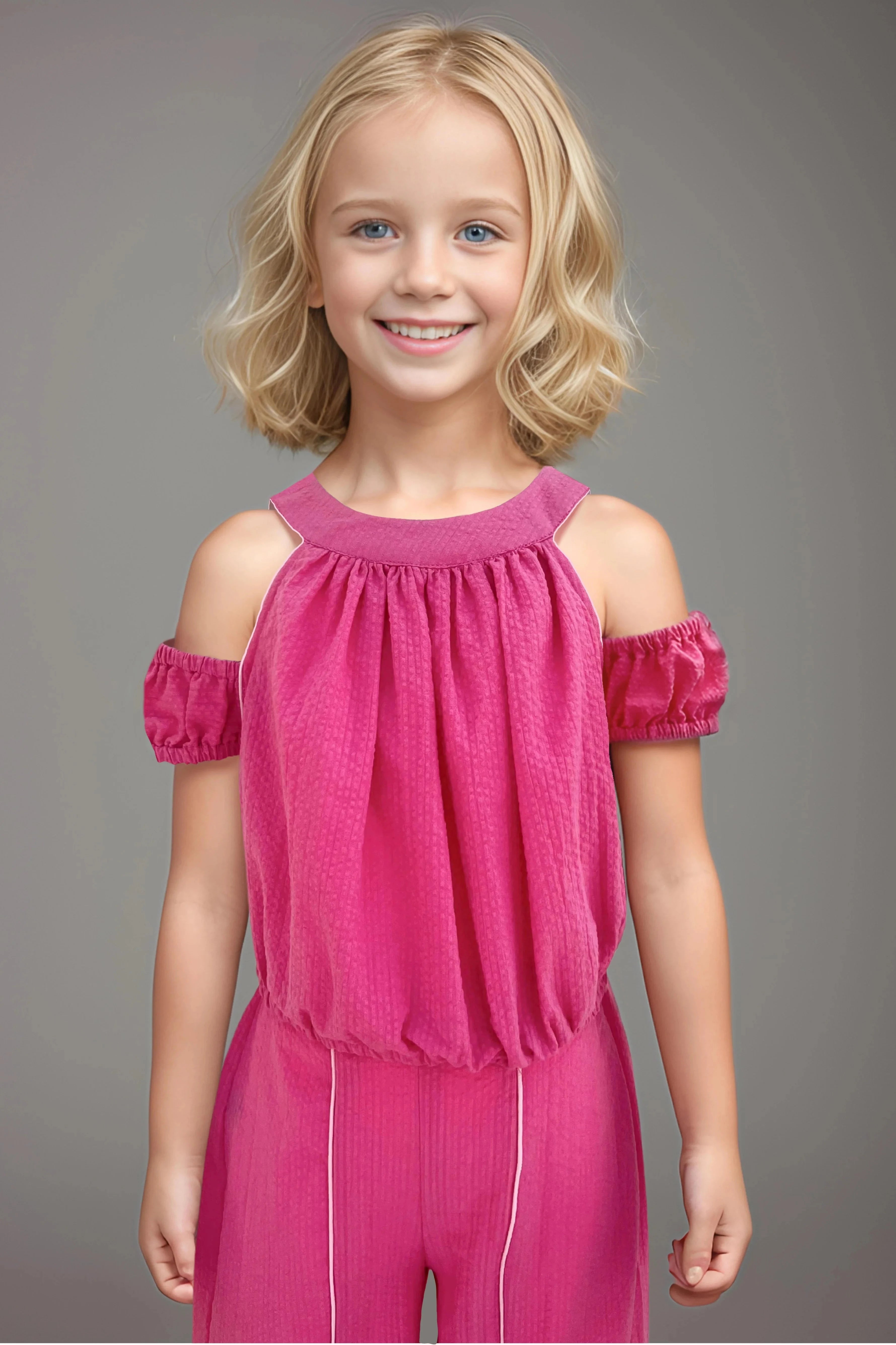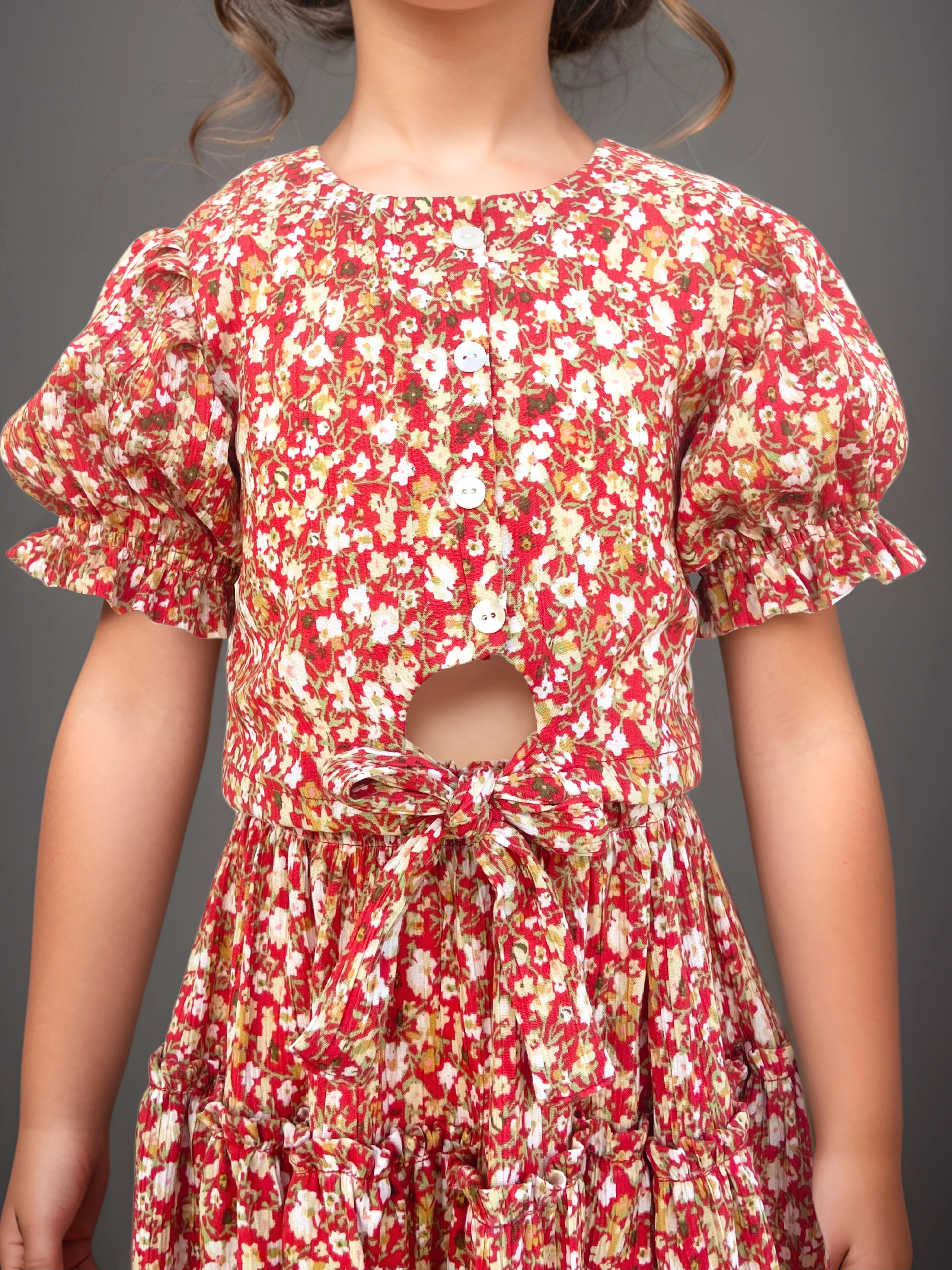Tips and Tricks for Stress Free Potty Training
We know you must be tired of cleaning your child’s potty. But don’t worry you can train your child. Being patient and knowing that every child reaches this vital milestone at their own pace are essential for a successful potty training experience.

Regarding the appropriate age to begin "potty training," many parents are uncertain. It's crucial to keep an eye out for your child's readiness indicators, which might include stopping an activity for a short while or gripping his or her nappy, as not all children are ready at the same age.
Tips on how to potty train your child
You can get your child ready for the potty even before they're ready by explaining the procedure to them:
- Use terms like "pee," "poop," and "potty" to describe the act of using the restroom.
- You can ask your child to alert you when a nappy becomes soiled or wet.
- To help your child learn to recognise the urge to urinate and defecate, label behaviours with questions like "Are you going to poop?"
- Buy your child a potty chair so they can practise sitting on it. Your child can initially sit on it while wearing clothes or a nappy. Your child can go bare-bottomed when they're ready.
These pointers might be useful if you've determined that your child is prepared to begin learning how to use a potty:
- Allocate a specific period of time for the potty training process.
- Refrain from forcing your child to sit on the toilet against their will.
- Because children learn by watching, model for them how to sit on the toilet and explain your actions.
- Make a schedule. Restrict your child's use of the potty to a few minutes per day, and allow them to get up whenever they choose.
- To take advantage of the body's natural tendency to have a bowel movement after eating, have your child sit on the potty within 15 to 30 minutes after meals.
- If you notice any telltale signs that your child needs to use the restroom, like crossing legs, grunting, or squatting, ask them to sit on the potty.
- Tell your child that poop belongs in the potty after you empty their diaper and see how it feels.
- Steer clear of items that are difficult to remove, like shirts with snaps in the crotch and dungarees. Children who are learning to use the potty must be able to undress.
- Every time your child uses the potty, give them little prizes like stickers or time reading. Retain a chart to document accomplishments.
- Commend every effort to use the loo, regardless of the outcome. And keep in mind that mishaps will occur. It's crucial to ignore tantrums and disappointments from potty-training kids when they poop on the bed or themselves.
Potty training is typically not smooth or easy to adopt. Although giving up diapers is an exciting prospect, the journey there may test your parenting endurance. Don't give up though. Although potty training your toddler may seem difficult at first, they will eventually get the hang of it and outgrow diapers. Wishing you luck!
Stay connected with us for the latest updates and valuable insights. Follow us on Instagram for more information: @safehugskidswear.
Find one stop solution to all your parenting problems here. Your journey with us is just the beginning and we’re excited to share it with you!
Happy Parenting !!













